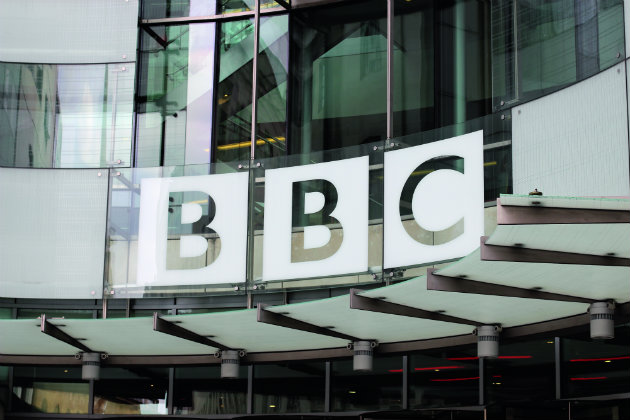“How many of us would have heard of Chris Packham if he wasn’t on the BBC?”
Good news for fieldsports but not so great for Chris Packham, as BBC's new broom vows to take on presenters who ignore impartiality rules, comments Alasdair Mitchell

The BBC’s new director-general, Tim Davie, has rattled the corporation’s cage. But will his stated priority of restoring BBC impartiality be achieved? In 2016 the corporation spent £139,260 on subscriptions to the small-circulation, left-leaning Guardian newspaper.
But Tim Davie comes from a background that is far from the Guardianista norm. After Cambridge he joined Procter & Gamble — a famous training ground for brand marketing. He rose to become marketing supremo for PepsiCo, before joining the BBC in a marketing role in 2005. In the 1990s, he was deputy chairman of a local Conservative association in London. He even stood as a Conservative councillor.
During his first week, Mr Davie gave an address to BBC staff. For fieldsports enthusiasts, the key part was: “If you want to be an opinionated columnist or a partisan campaigner on social media then that is a valid choice, but you should not be working at the BBC.”
These words are reminiscent of those written by Tim Bonner, chief executive of the Countryside Alliance, when he made a complaint about Chris Packham’s campaigning five years ago: “There is no issue with people voicing such opinions, but using the position granted by a public service broadcaster to promote an extreme agenda is a different thing entirely.”
Freelancer?
Indeed it is, and finally we have a BBC director-general who appears to agree. Five years ago, the BBC’s complaints system let Mr Packham off the hook, hiding behind the risible excuse that he was a freelancer, rather than an actual BBC employee. In other words, the private business of a well-known BBC presenter somehow absolved him from being bound by the Beeb’s impartiality rules.
How many of us would have heard of Chris Packham if he wasn’t on the BBC? The publicly funded corporation made him into a public figure; it cannot simply look away if he oversteps the mark. We can only hope that Mr Davie will get a grip on Mr Packham’s social media campaigning. If he doesn’t, his fine-sounding words on impartiality will be proved to be just that.
The BBC knows that it is drinking in the last-chance saloon. Rumblings from within Government indicate that not paying the TV licence may soon be decriminalised, instead treated as a civil matter like other debts. One study has estimated that the absence of the threat of criminal sanctions could cost the BBC about £1bn over five years.
Licence fee
The licence fee is £157.50. About 25million UK households buy licences, generating £3.69bn a year for the BBC. In 2018 more than 121,000 people were convicted of evading payment; 72% of them were women — who are more likely to be at home when an inspector calls. Licence fee cases account for 30% of all prosecutions against women, more than any other offence.
It is early days yet for Mr Davie. Another key appointment — a new chairman — is due in February. The existence of the licence fee is guaranteed by charter until 2027, but the level at which it is set is up for negotiation. The current arrangement runs out in 2022. Let’s see what happens.








